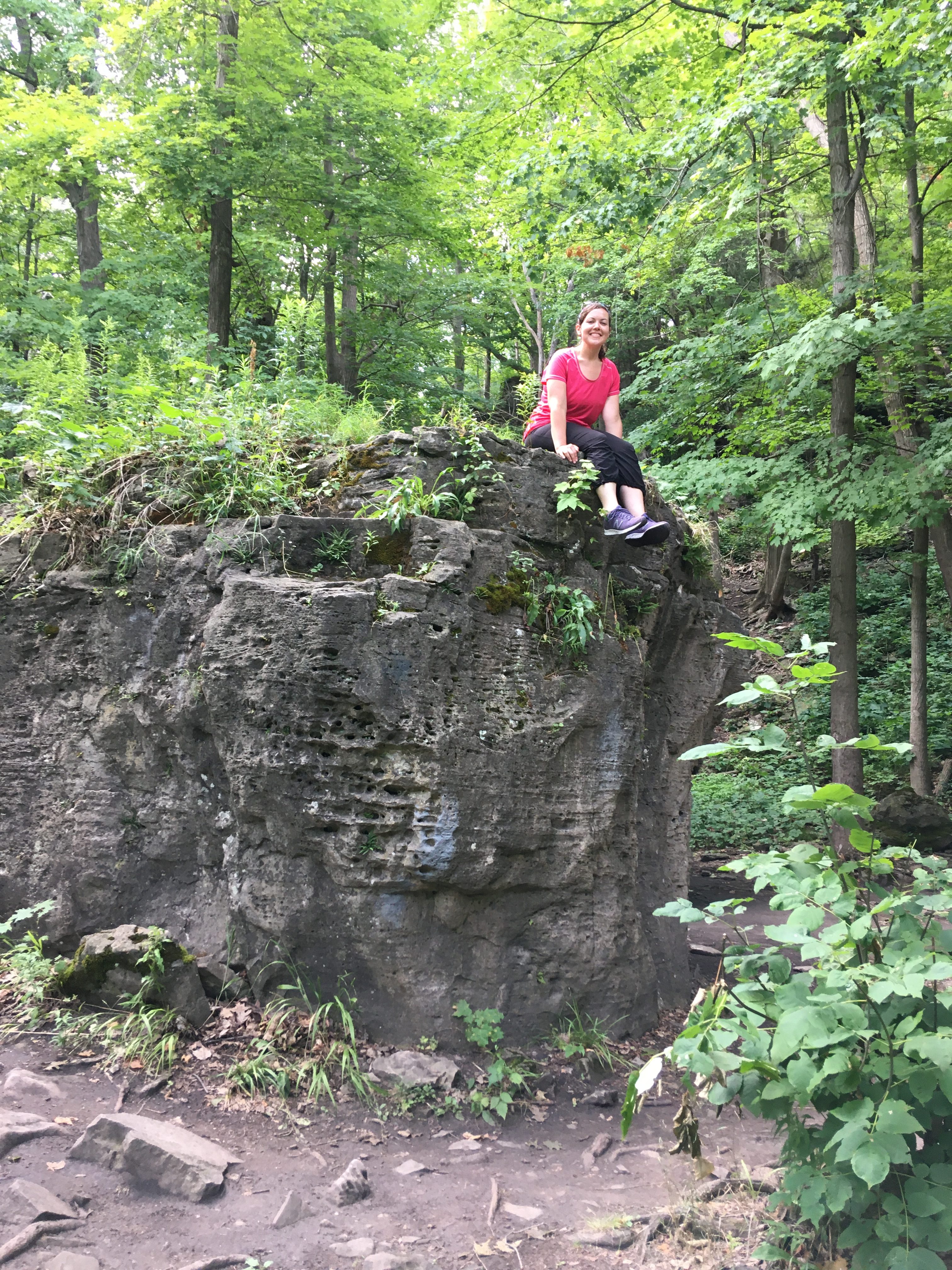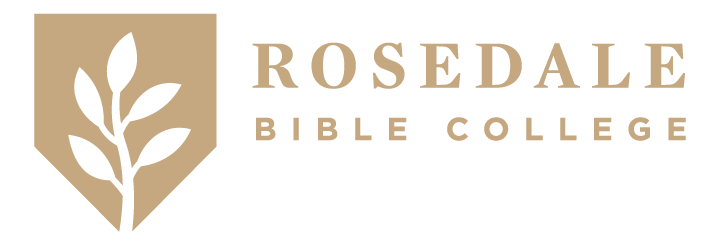A collection of pandemic related stories from alumni about medical professionals.
“A Difficult Year for Medical Professionals” by Jonathan Yoder (‘74S,’75S,’77), Curahuasi, Peru
I write my reflections on the past year while serving for three months in a Peruvian hospital. Last year, just a week after my wife Heleen and I had returned from a short-term mission assignment in West Africa, the U.S. shut down because of the COVID pandemic. Although our personal experiences have been largely positive, we’ve been disheartened by the response of many American evangelicals. Instead of reason, humility, and compassion, we’ve been dismayed by the complaining and harsh judgment of many. Everyone suddenly became an expert in infectious diseases, while health professionals with years of experience were disregarded or accused of conspiracy and/or an agenda.
Every day at work, we were confronted with the ravages and deaths caused by a disease that often could have been prevented. While I don’t deny the brokenness of the American health care system, I believe that doctors in general are doing their best. Surprisingly, many Christians don’t mind seeing the doctor for their chest pain or cancer, but distrust these same doctors for their opinion about prevention or treatment of COVID. It has been a humbling experience, and only God’s grace protected me from becoming cynical and angry with my brothers and sisters.
This difficulty of handling the deaths and ongoing sickness of many was brought much closer home when one of my best friends in church, a peer my age, and member of my small group, died after being diagnosed with COVID. Suddenly, the disease assumed a much more personal nature, and all the rhetoric and grandstanding seemed immaterial in the face of sorrow for this huge loss. It no longer mattered that many of my brothers and sisters minimized the extent of what the medical community was facing. We stared into the face of death, and what we saw reflected there was only loss. There was loss of a friend, a fellow church member, and my tears flowed for all of us.
“Spiderman and Rock Climbing” by Debbie Wagler (’06,’07), Kitchener, Ontario
I am a Child and Family Therapist for a government-funded agency. Suddenly, I was thrust into the tele therapy world and began offering sessions over video and phone. One of my kiddos said, “Hey, remember when we used to play with Spiderman at school?” I held up the miniature to the camera and replied, “You know what? Spiderman asked to come home with me during COVID. Here he is!” Then we talked about how Spiderman felt about not being at school. Spiderman really missed school! Spiderman really missed a lot of things. Staying at home felt boring, but going out felt kinda scary, too.
This slow year brought loss, loneliness, and grief on many levels. It was disorienting, and it felt (feels?) never-ending. As I slowed down, I enjoyed a time of refreshment in Niagara Falls. On a guided hike along the Niagara River, my guide showed me how to boulder up some rocks. At first, I was too nervous to climb, but then I saw the success of my fellow hikers. Once I made it to the top, the rock felt solid beneath me, and I felt a surge of confidence and pride. To safely get back down, I had to trust the guide to point out which footholds to use. And isn’t this how our COVID year has been? An unfamiliar challenge with unexpected opportunities and real fears. A year when we have needed a Good Guide and a Firm Foundation.
Back in 2006, RBC Chorale sang “I Go to the Rock,” a song that has comforted me many times. The words seem especially relevant this year. “Where do I go when there’s no one else to turn to? / Who do I talk to when there’s no one who wants to listen? / Who do I lean on when there’s no foundation stable? / I go to the rock / I know that he’s able.” This slow year has opened up wide spaces for leaning into the Rock of our salvation.

“Sabbatical Expands from Four into Nine Months” by Ida Marie Miller (‘70S,’71S,‘74S,’75S,) Dryden, Ontario
COVID restricted and brought challenges to our residential counselling center at Beaver Lake Camp. Instead of the normal 10-day intakes, we began to do e-therapy with clients who were beyond local, a new kind of face-to-face session via google.meet. This meant adjusting our intake, confidentiality, and informed consent forms. On a personal level, COVID changed my scheduled “summer sabbatical” of four months into nine months. This was a bonus for my Maryland sisters and me. Previous sabbatical plans had included interaction with family, church, siblings in the local retirement community, and local cousins in Grantsville, Md. Instead, we attended church services via livestream services and visited the retired siblings via window visits and cellphone. Cousin gatherings were small and seldom. New phrases emerged from familiar hymns. They became richer, as did some songs that were new to me –“We Are Not Alone” (Choplin) and “I Then Shall Live” (Gaither).
“First Drive-thru Testing Site in Nebraska – and a New Baby” by Daneila Starkey (’12), Seward, Neb.
As a nurse working in a perioperative area, my nursing duties changed vastly during COVID. Instead of working in my normal area inside the hospital, I was sent to the COVID drive-thru tents. A small team of employees worked through many obstacles, changes in weather, and changes in COVID information to provide safe testing to many patients. We were the first drive-thru testing site in Nebraska. I feel so blessed to have had the opportunity to serve others that way! I also had a baby during COVID. What a strange time to bring a new life into the world– but oh, what a vast array of blessings God showered on us through that time!
“Learning to be Flexible” by Susan Zerkle (’91,’96S,’97S), Plain City, Ohio
I have been a nurse for 35 years. A lot has changed, but nursing has remained a calling in my life. In 2018 my job as a Doctor’s Hospital float pool nurse was transitioned to the Ohio Health Flex Team. This means that I now work as an intermediate level nurse in the central Ohio Health hospitals: Riverside, Grant, Doctors and Dublin. Once the Flex team got off the ground, we got notifications every day, three and four times a day, that there was work available if we wanted extra shifts. There were always extra shifts.
Then March 2020 came. I packed a go bag, kissed my family good bye, and told them I would probably be staying at the hospital since masses of COVID patients were expected. We accepted the inevitable — that we would all get COVID, and they would not see much of me for the next few months. But the next morning I came home, and the morning after that and so on, until I was not even going to work. I was getting paid to stay home. The texts that had been a part of my life every day since 2018 stopped. It felt like the world stopped. It was really weird. The surge never came. We were prepared with a large tent downtown to house hundreds of patients, and we never used it. PPE was readily available, and Battelle was cleaning and reusing our masks. And even though I took care of COViD patients on a regular basis, my family of seven never got it.
Then Christmas came, and we were at near capacity. The texts started coming in again. I up- trained med-surg nurses to be intermediates, and some intermediates went to critical care. We were super busy, and some nurses went on travel assignments to other hospitals to work with COVID patients.
Now a year later, my family is still COVID free. I am getting all my hours, and the texts are back. Things seem almost “normal” again.
What did I learn through all the ups and downs of the last year? Even when things change almost on a daily basis, God is still in control. He is the one constant in my life, and he is the one I want to glorify through my calling.


